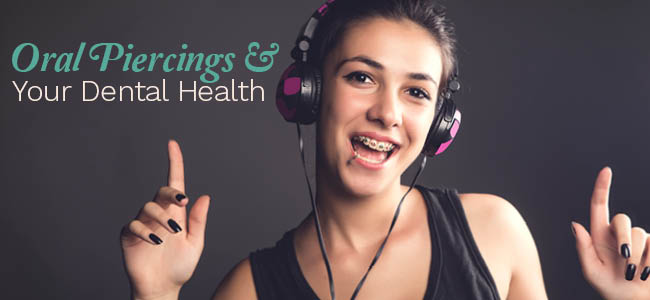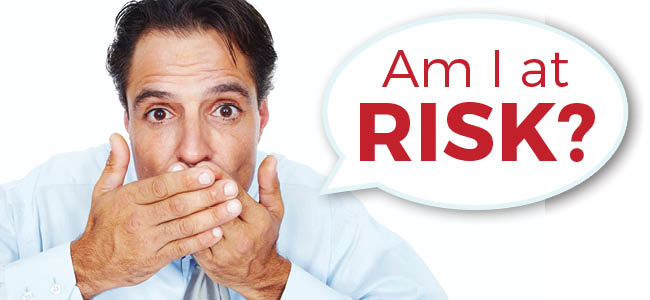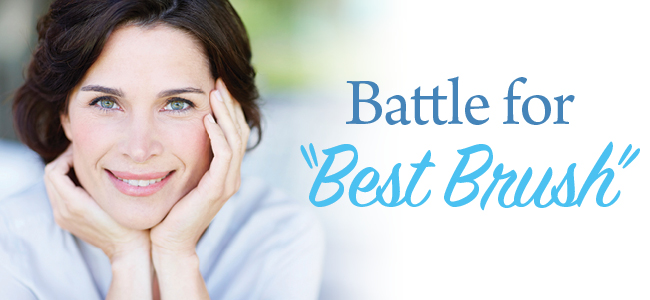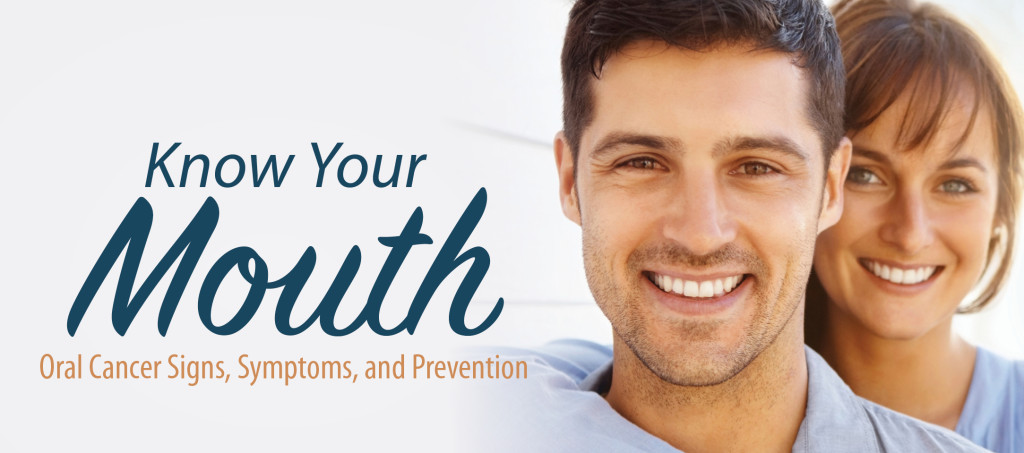
A Healthy Smile Is Your Best Accessory Body piercings have become increasingly prevalent over the past decade, and with more and more celebrities like Victoria Beckham, Tyrese, and Christina Aguilera sporting them, they are only gaining popularity among people of all ages. While piercings offer people the opportunity to express their individuality and add some extra bling to their personal style, some of the most popular piercings are located in the mouth area, which can lead to the rapid deterioration of oral health. Popular face and mouth piercings include those in the tongue, lip, and cheek areas. The following are just some of the health risks and side effects associated with these piercings. Infection: Your mouth is home to a large number of bacteria that breed in moist environments. This is the perfect environment for an infection to occur. When an infection occurs in your mouth, it can become life…









